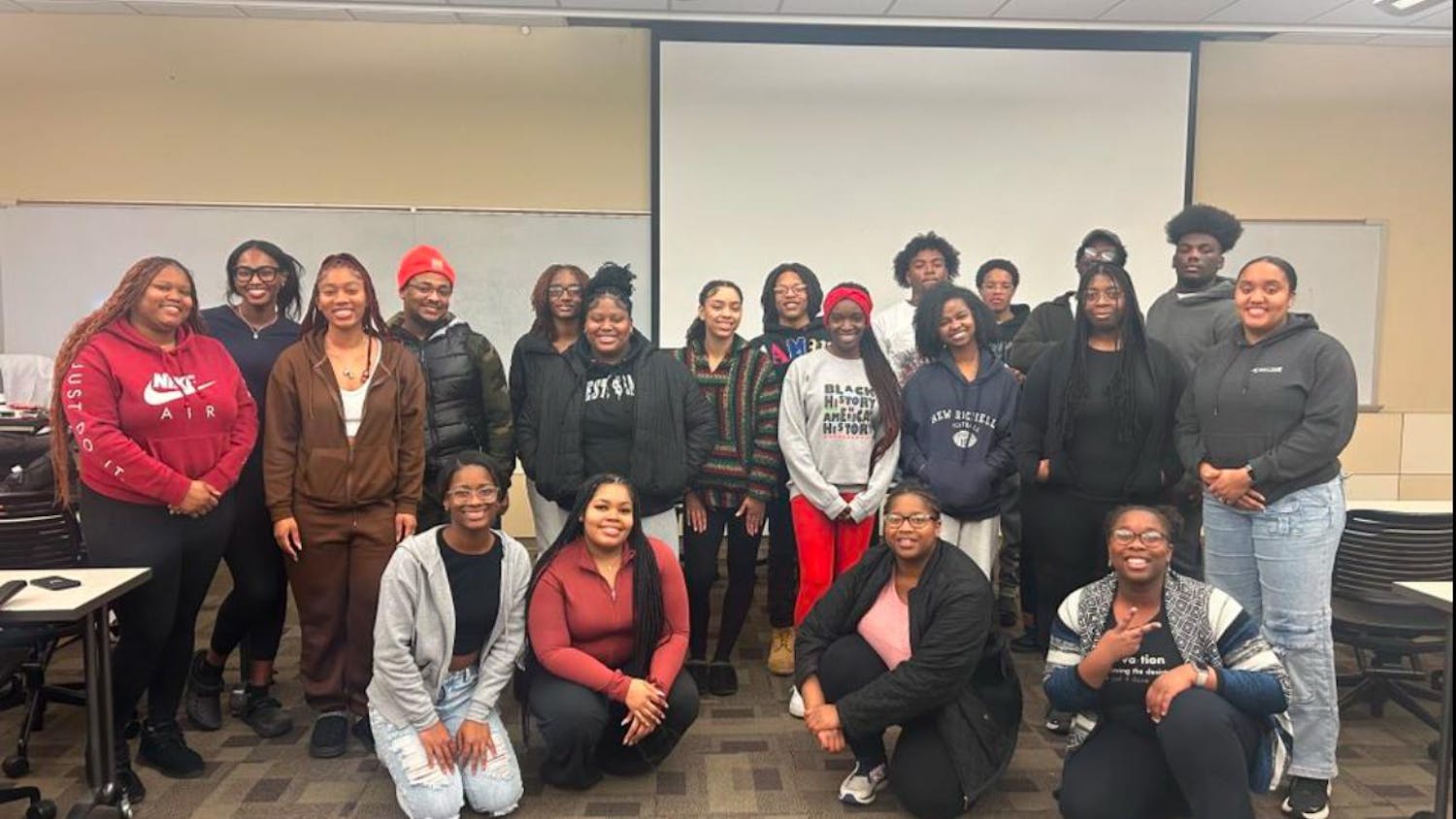According to Doug Fecher, Chair of the Board of Trustees, they were aware of the impending fiscal crisis years prior to it being made public.
"Yes, I don't know that we knew specifically, but we knew it was bad," Fecher said. "As we got into the winter of 2017, it became obvious that it wasn't getting better. The spending was still too much. Before this year, when the finance committee was only meeting on committee days, the board did not have enough knowledge of the situation. That is absolutely true. We should have known more before this year."
Fecher stated the creation of this problem was a combination of individual departments overspending, and not enough money being budgeted in the first place.
"The university, like most universities, has a fairly decentralized budget management system. There's nothing necessarily wrong with that, expect if you don't keep enough oversight on it, it can get out of control fairly quickly, and that's what happened here."
Proper questions were not be asked when overspending of the budget occurred, according to Fecher.
"The decentralized nature of the university without a strong enough centralized control, I think was a big part of how we got here."
Budget units, such as deans and vice presidents, were not being properly notified of the overspending and how it was affecting the university. "We weren't telling them enough.We were saying yes too often and we weren't saying no enough, and it got too far along," Fecher stated.
Reasons for the university's current financial situation include: years of expenses exceeding revenues, failed investments to attract enrollment and retention, the use of reserves to complete construction projects without having all of the required funds, the Voluntary Retirement Incentive Program (VRIP) and declining enrollment.
Fecher stated VRIP contributed to this, due to this requiring cash up front, and the savings will recouped in the future.
In addition to these well-known issues, the university was also heavily impacted from the switch from quarters to semesters.
"What happened was, people were really accelerating their degree program, because they did not want to go to semesters. We were required to go to semesters by law, we did not have a choice. Because all of these people got their degrees done on an accelerated bases, of course after we switched, it went down. All because of that change from quarters to semesters."
While WSU is not currently under fiscal watch, the state is involved.
"We [Jeff Ulliman, Curt McCray, Fecher] have weekly phone calls with the Ohio Department of Higher Education to give them updates on our cash position."
According to Fecher, the main concern is how the university will get out of fiscal watch. Issues are currently being corrected for when WSU enters fiscal watch in June of 2018.
"We can't avoid the fiscal watch anymore, short of something happening that we can't see today, but we can get out of it much more quickly if we stay disciplined and hold ourselves accountable," Fecher said.
Of the many concerns addressed at the recent presentation of the budget, the original plan to cut the men's and women's swimming and diving teams quickly became a priority. Funds are currently trying to be found in the athletics' budget to save the swimming and divings teams.
"I think we will be able to," Fecher said. "When the folks are that invested in an athletic program, understand that the funding model no longer works. We can partner with them to generate the support for our athletic programs."
"Here's the silver lining, because there's another side of that story. The other side says we spent too much on athletics, so we get it from both sides. I think the truth is, is that a public university like Wright State University cannot fund athletics like we always had. It's going to require a larger percentage of outside support for our sports programs. On the other side, where does the money come from? Ticket sales, sponsorships, etc. We need to work on that side of it if we want to maintain the kind of athletic program we have today."
Changes in state support have affected how the university can fund athletics.
"I think in the end, whether or not we are able to save swimming and diving, I don't know. But I do think it woke everybody up to the fact athletics has to be funded with more of an external component than has been the case up until now."
Multiple extensions of announcing cuts may have impacted staff moral.
"Was it perfect? No. But I do believe it was better than what we've done in the past. There's a lot of behind the scenes that have to happen with position cuts. I think we'll make it [the budget process] stronger next year, and maybe get the information out a little earlier, maybe be a bit more organized on how we distribute the information."
The university is fearful of another round of cuts, if the assumptions of the current budget are incorrect.
"I have no way of knowing. I hope not," Fecher said. "The thing that is unique about higher education, is that until that first day of classes, you have no idea of who's showing up. We know that applications are down from past years. Enrollment, in the end, is the way to get through this. I have a lot of faith in the campus community. We all have to look at making this the best university we can so enrollment grows."
"I would like to thank the community for their understanding of our situation," Fecher said. "People are frustrated and they're angry, and they deserve to be. I think they were respectful at the same time, and that's what I appreciate so much."












